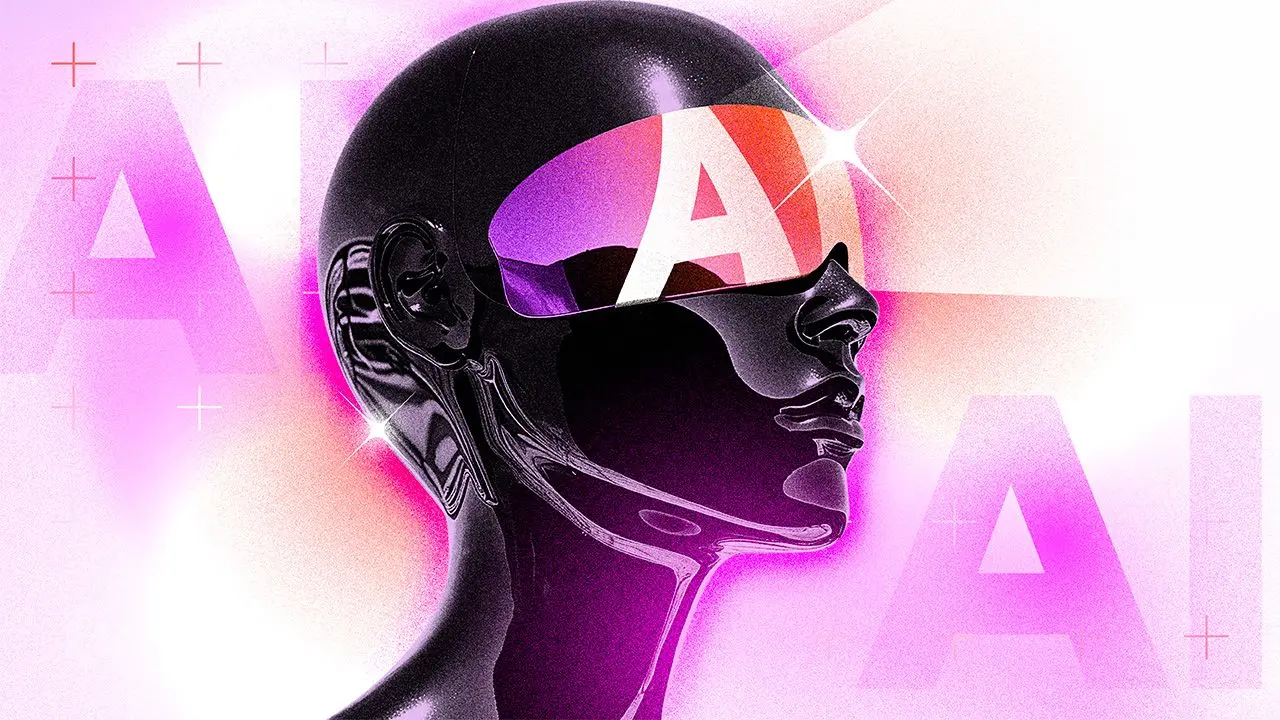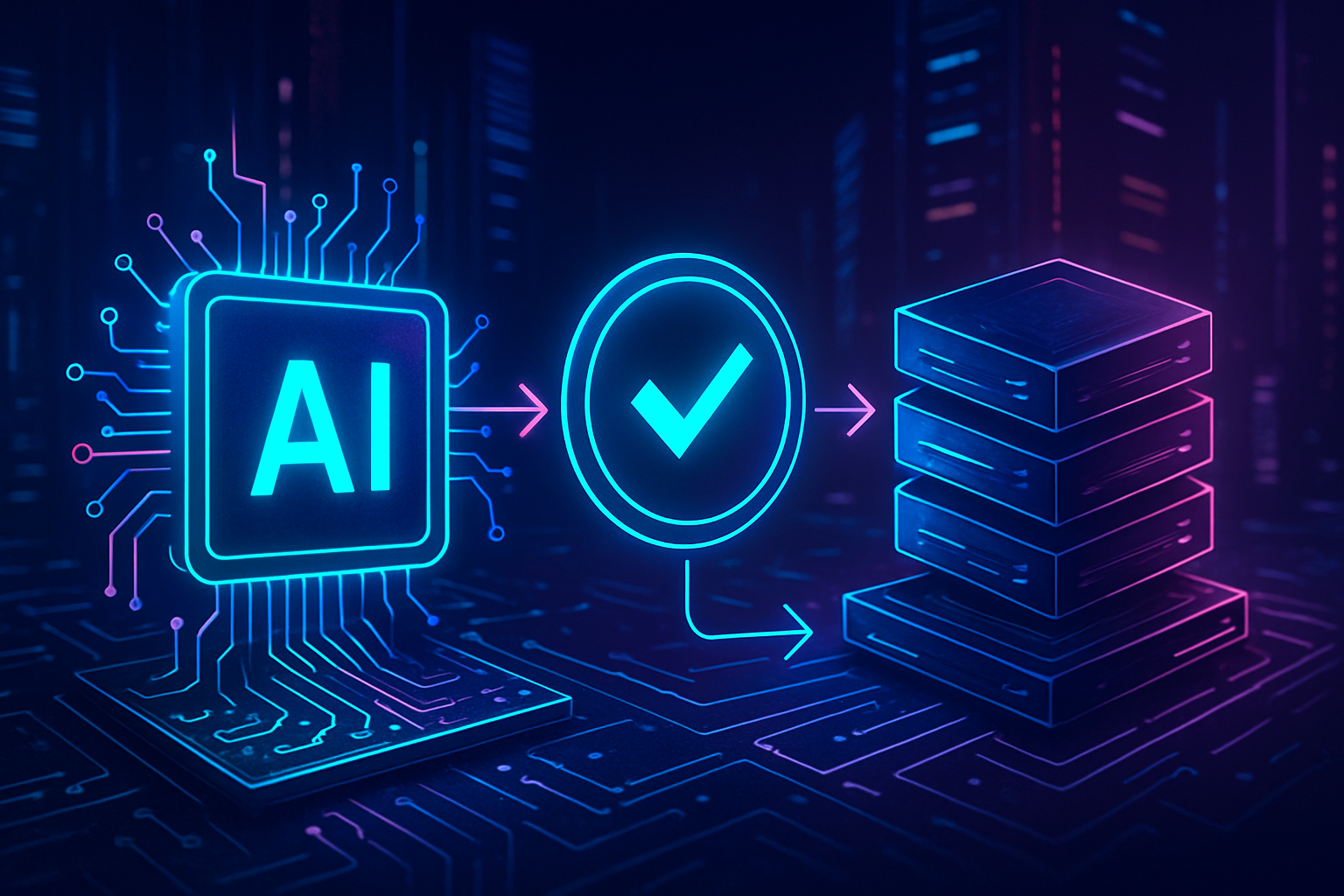
EigenLayer is rapidly becoming the backbone for verifiable AI infrastructure in the Ethereum ecosystem. As decentralized AI and trustless computation take center stage, understanding how EigenLayer’s EigenAI and EigenCompute enable scalable, secure, and transparent off-chain compute is critical for both developers and investors. This guide unpacks the technical mechanics of these components, showing how restaked ETH and EIGEN tokens power a new era of blockchain-secured artificial intelligence.
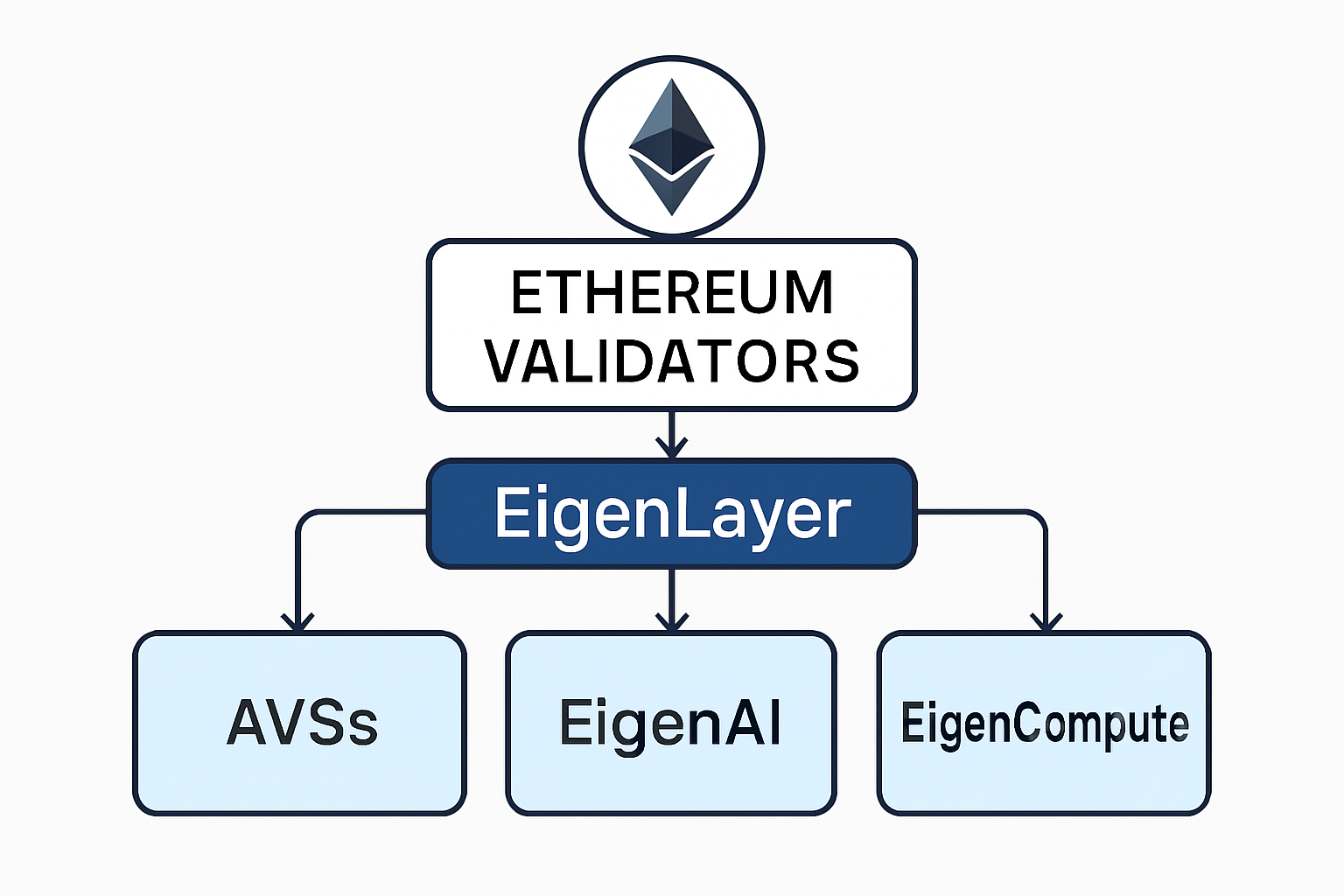
Restaking: The Foundation for Decentralized AI Security
At its core, EigenLayer leverages Ethereum restaking to transform ETH’s security into a reusable resource. Validators can restake their ETH or liquid staking tokens (LSTs), extending their security guarantees beyond Ethereum’s consensus to a wide range of services called Actively Validated Services (AVSs). This shared security marketplace allows smaller protocols – including decentralized AI applications – to access robust validation without building their own networks.
The result? AI agents, prediction markets, data availability layers, and more can “rent trust” from Ethereum, boosting decentralization while reducing costs. According to recent coverage on CoinMarketCap, this model is driving rapid adoption as developers seek plug-and-play verifiability for both on-chain and off-chain workloads.
Inside EigenAI and amp; EigenCompute: Verifiable Off-Chain Execution Explained
EigenAI and EigenCompute are two cornerstone AVSs within the EigenCloud platform. They address one of web3’s biggest challenges: enabling complex computations – like large language model inference or scientific simulations – outside the blockchain, but with cryptographic proof that results are correct and unaltered.
- EigenAI: Focuses on making AI prompts, responses, and model outputs verifiable. Every interaction is secured by Ethereum validators via restaking, ensuring no tampering or bias in critical applications such as DeFi risk modeling or autonomous agents.
- EigenCompute: Provides an execution environment for general-purpose off-chain computation. Developers can run intensive tasks (e. g. , data analytics or ML training) while generating proofs that results are accurate – all validated by staked AVS operators.
This architecture is reinforced by EigenVerify, which acts as an on-chain dispute resolution layer. If there’s disagreement about a computation’s outcome, disputes are resolved transparently using customizable security parameters set by each AVS.
Key Benefits of EigenLayer’s Verifiable AI Infrastructure
-
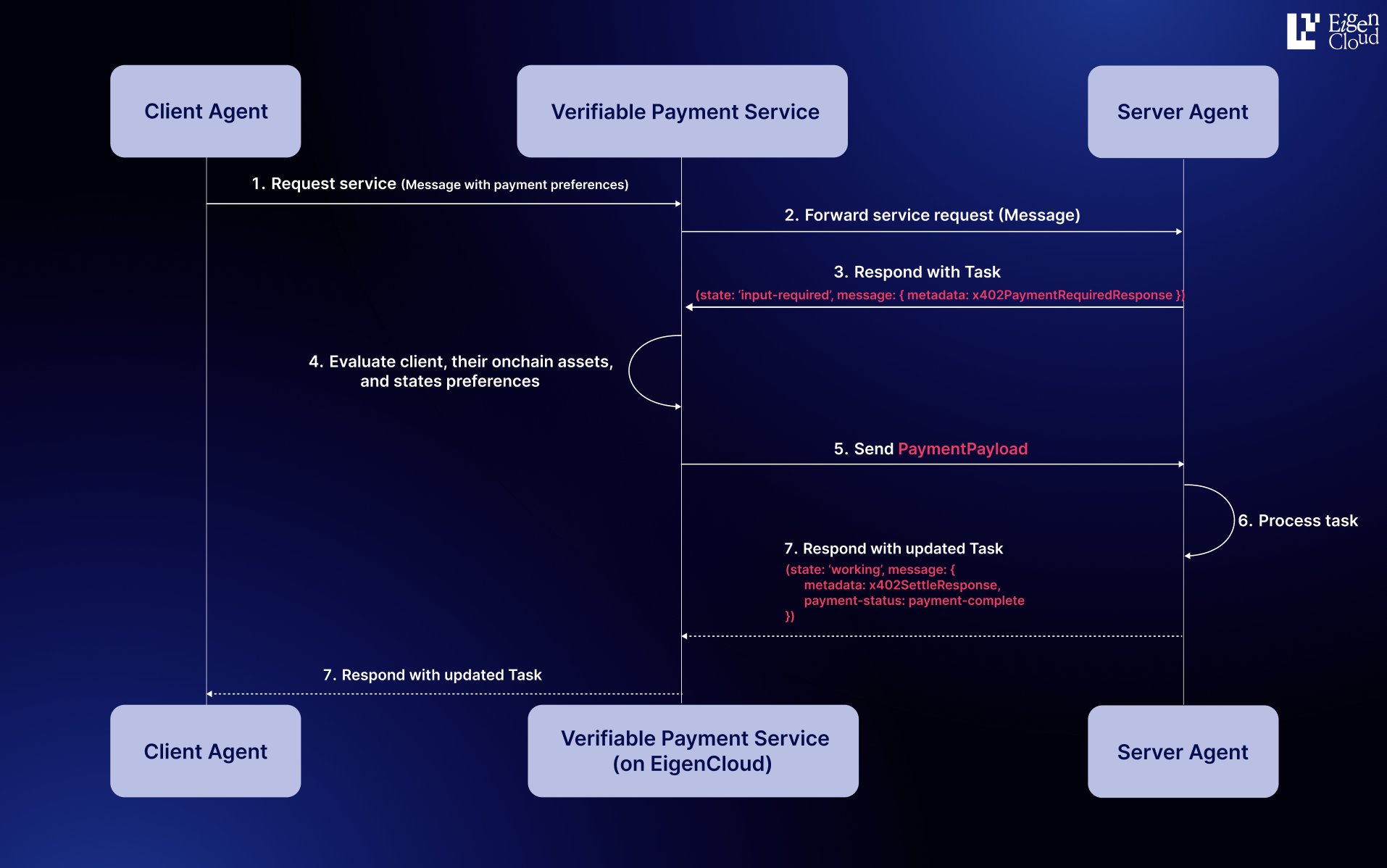
Plug-and-Play Verifiability for AI Apps: Developers can easily add cryptographic proof and trust to both on-chain and off-chain AI applications using EigenCloud and its AVS infrastructure, without building custom validator networks.
-
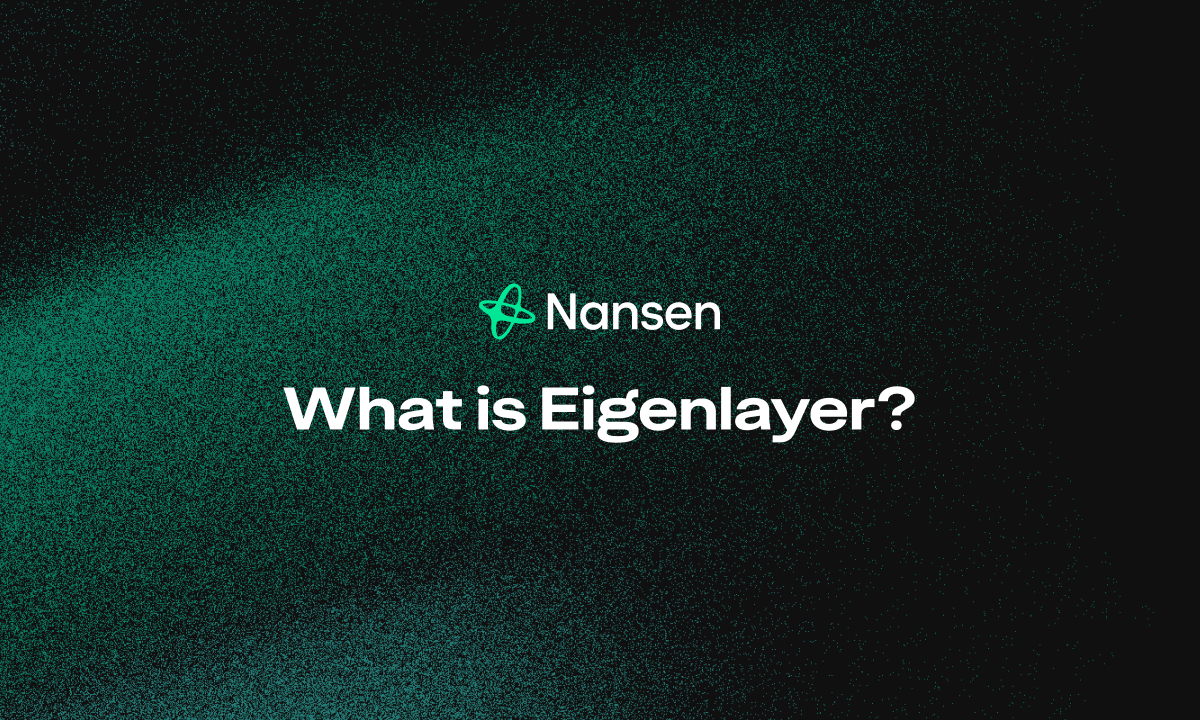
Shared Security via Ethereum Restaking: By leveraging Ethereum’s validator network through restaking, projects of any size can access robust, decentralized security without the overhead of launching their own validator set.
-
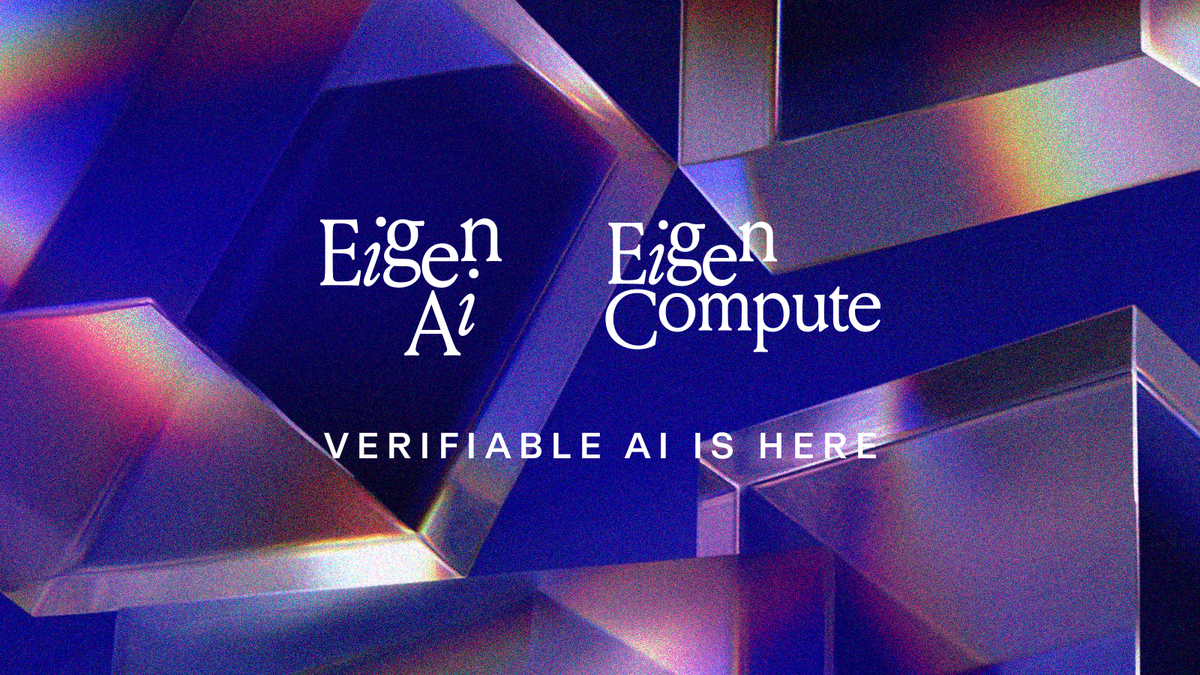
Verifiable Off-Chain Computation: EigenCompute enables complex AI models and computations to run off-chain, while maintaining verifiability through cryptographic proofs—ensuring results are tamper-proof and trustworthy.
-
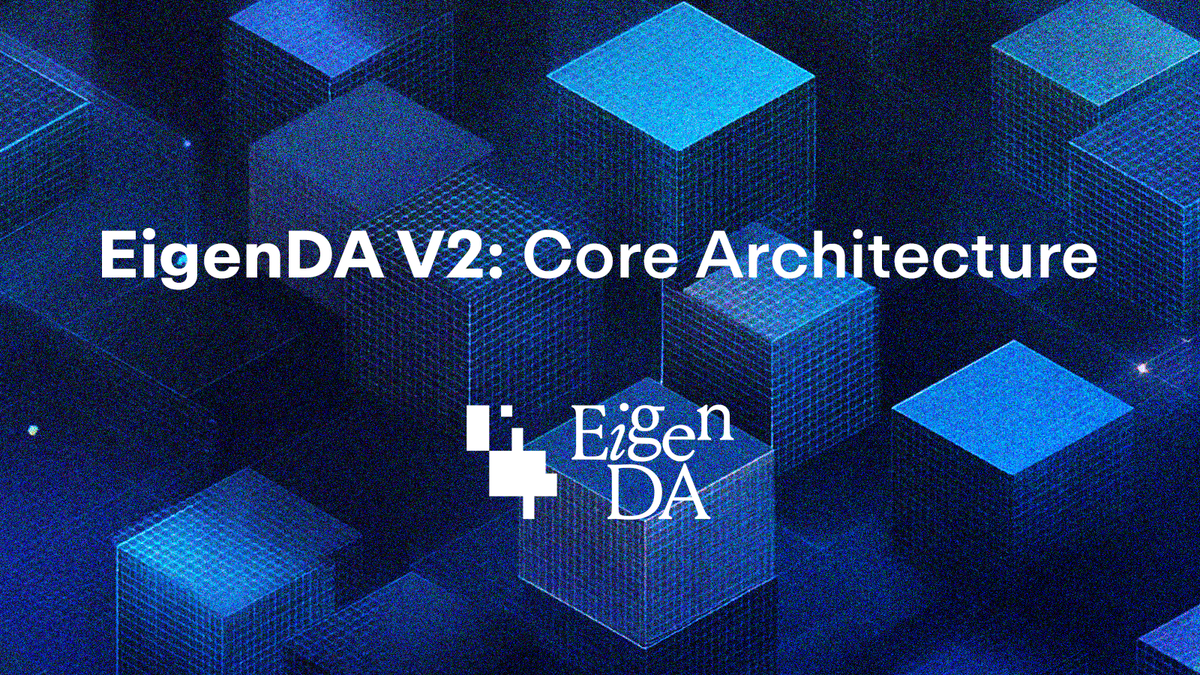
Efficient Data Availability for AI Workloads: EigenDA provides high-throughput data availability (up to 100 MB/s), supporting demanding AI and rollup applications with reliable, scalable data access.
-
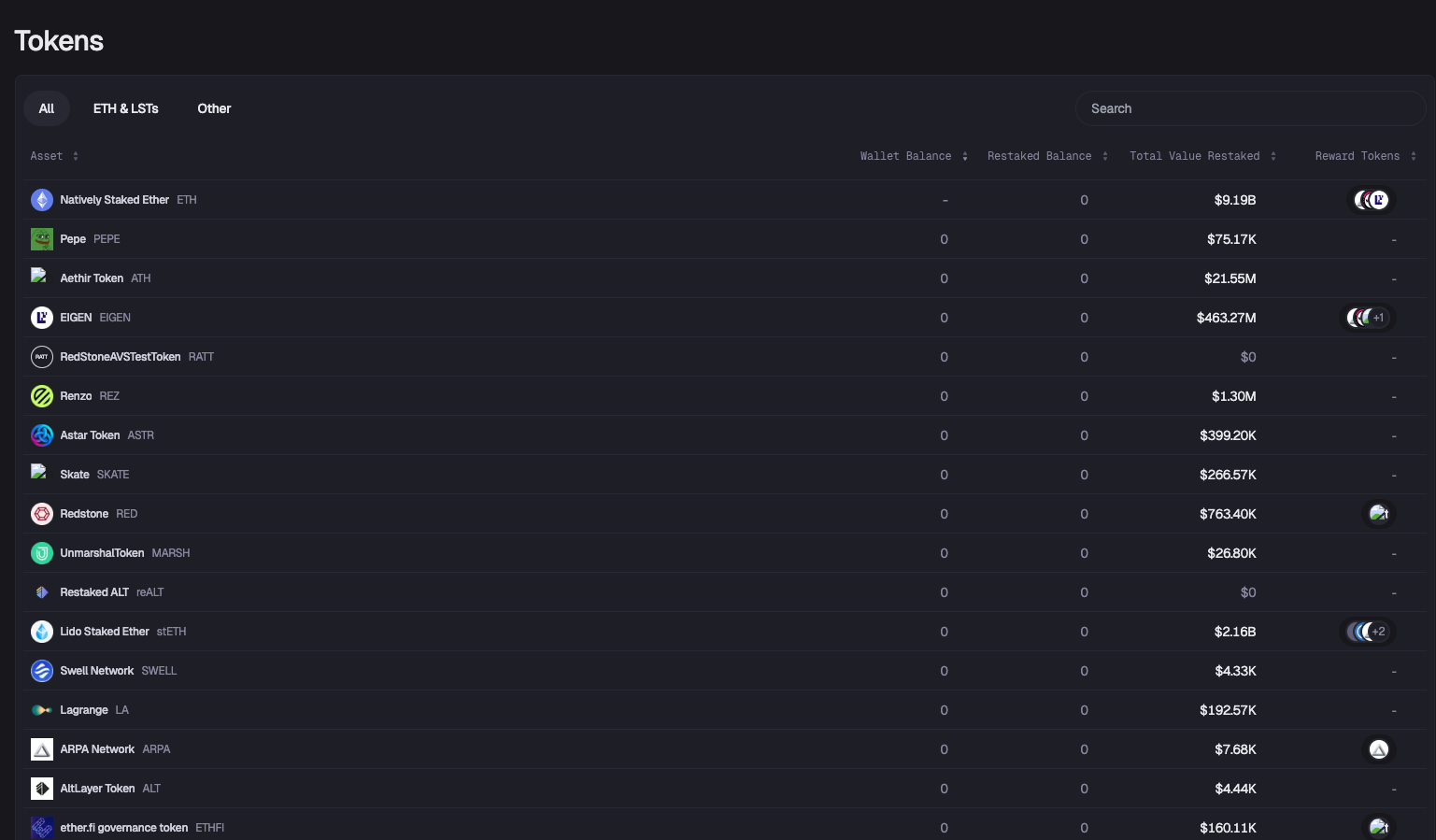
Customizable Dispute Resolution: EigenVerify offers a flexible mechanism for resolving disputes about off-chain computations, giving developers strong, customizable security guarantees for critical AI processes.
-
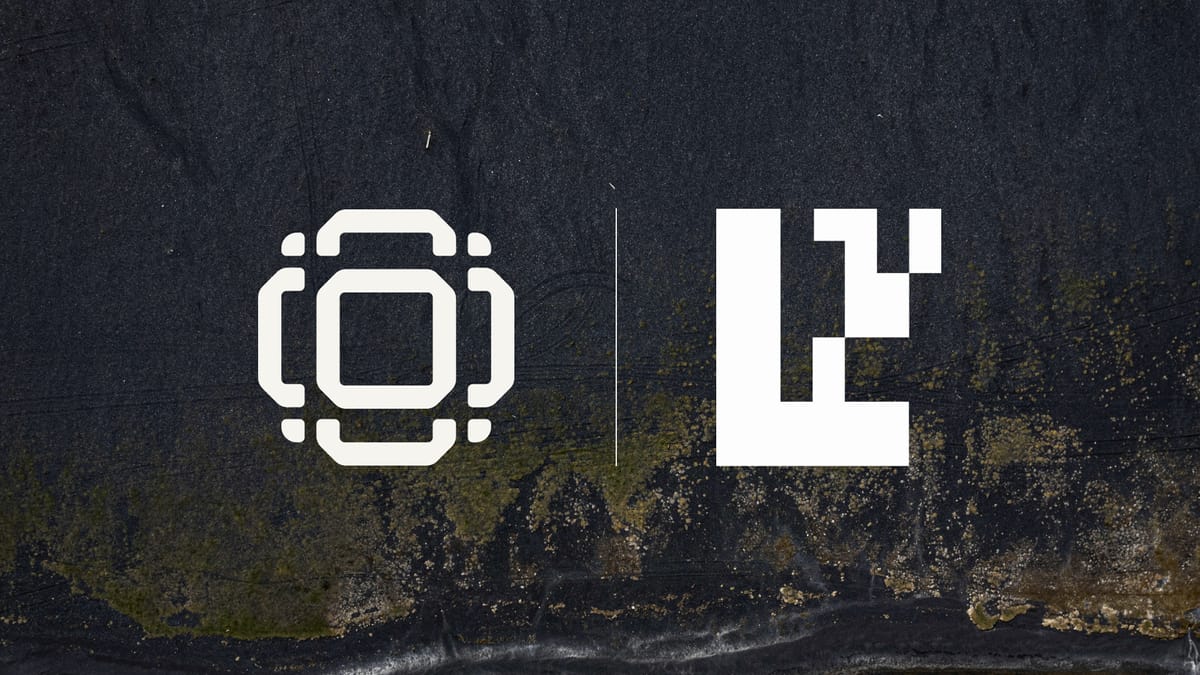
Proven Use Cases and Integrations: Real-world partnerships—such as Kite AI and Gaia—demonstrate how EigenLayer’s AVS secures AI inference, asset listings, and agent deployment, ensuring accuracy and reliability in decentralized AI marketplaces.
-

Scalable and Interoperable Web3 Services: Developers can build scalable, interoperable decentralized AI services that benefit from the composability and security of the Ethereum ecosystem, thanks to EigenLayer’s modular infrastructure.
Kite AI and amp; Gaia: Real-World Use Cases for Verifiable Compute
The impact of this infrastructure is already visible in real-world deployments. For example:
- Kite AI Marketplace: Integrates Active Validation Services from EigenLayer to guarantee that both asset listings and AI inference outputs are trustworthy. This means buyers can verify datasets or models before purchase – a game-changer for decentralized data markets (source).
- Gaia’s Agent Framework: By combining Gaia’s deployment tools with EigenLayer-backed AVS security, developers can ensure proper execution of agent tasks and reliable model updates (source). This moves decentralized AI closer to enterprise-grade reliability.
Together, these case studies highlight how Ethereum restaking isn’t just about network security anymore, it’s powering a new paradigm where blockchain-grade trust meets scalable off-chain compute.
The Role of Service Level Proofs and amp; Trustless Infrastructure in Web3 AI
A critical innovation behind this stack is the concept of Service Level Proofs (SLPs). These cryptographic attestations prove that an AVS delivered its promised service correctly – whether running an LLM prompt or validating data availability. SLPs underpin trustless infrastructure by allowing anyone to audit service performance without relying on centralized intermediaries.
SLPs are particularly powerful for decentralized AI, where transparency and auditability are non-negotiable. By leveraging SLPs, developers and end-users can verify that AI agents, data feeds, or compute tasks have been executed faithfully, no more black-box outcomes or unverifiable claims. This is a significant leap forward for mission-critical use cases like DeFi risk engines, autonomous trading bots, and decentralized science platforms.
Actionable Insight: Projects integrating EigenLayer’s SLPs gain a competitive edge in compliance-focused sectors, as regulators increasingly demand proof of service integrity in AI and data-driven applications.
Why Ethereum Restaking Is the Linchpin for Decentralized AI Security
The ability to harness Ethereum’s validator set via restaking is what sets EigenLayer apart from generic off-chain compute solutions. By allowing ETH holders to restake their assets into AVSs like EigenAI and EigenCompute, the protocol creates a decentralized security marketplace where economic incentives align with service reliability. Validators earn additional rewards by securing these services, while projects benefit from Ethereum-grade trust without bootstrapping their own validator pools.
This model has already proven its scalability: EigenDA, the data availability layer within EigenCloud, supports throughput up to 100 MB/s, enabling high-frequency rollups and real-time AI inference at scale (CoinMarketCap). The modularity of AVSs means that new applications, whether in prediction markets or supply chain analytics, can plug into this shared security framework with minimal friction.
Top Reasons Developers Are Migrating to EigenCloud
-
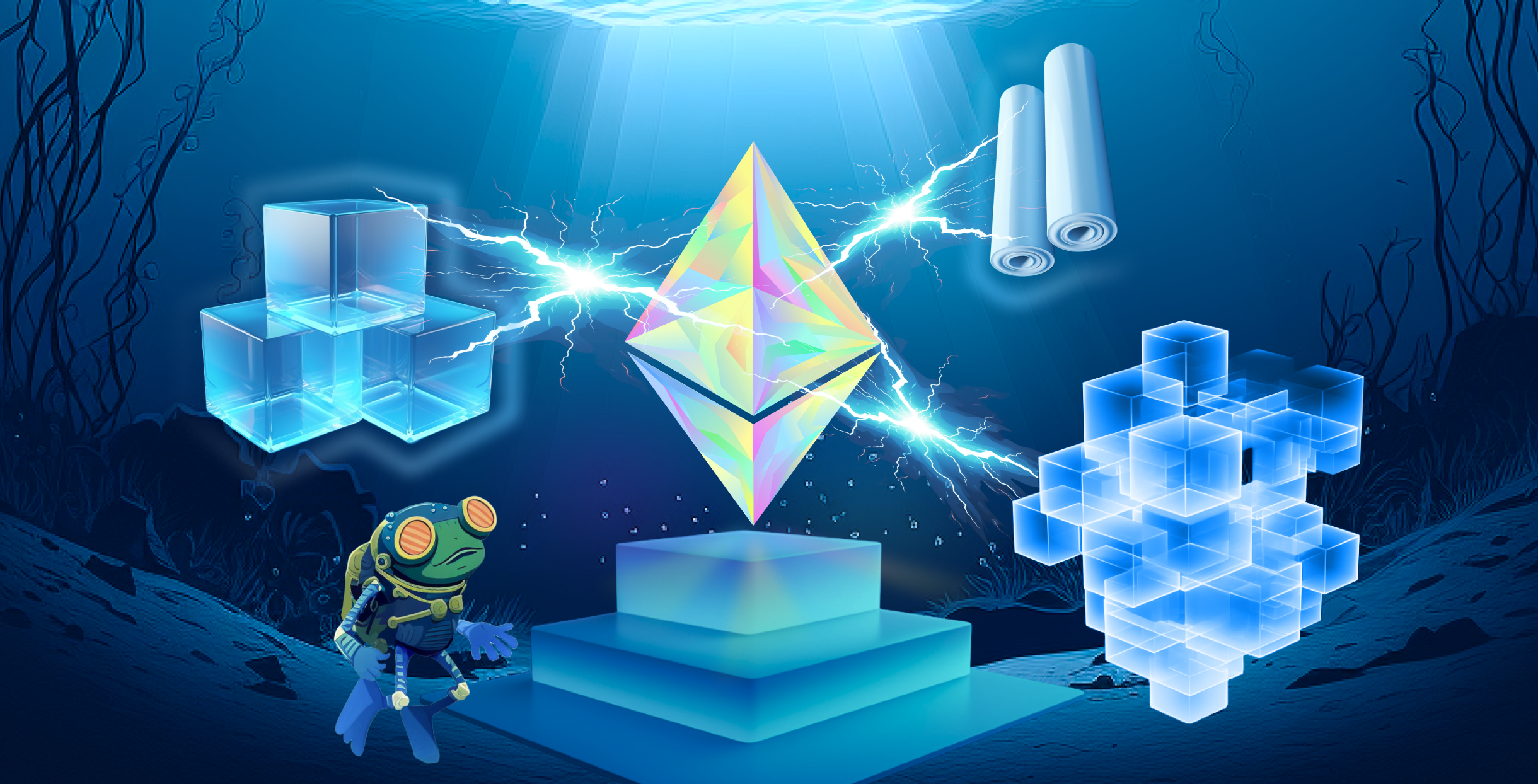
Shared Security via Ethereum Restaking: EigenCloud leverages Ethereum’s robust validator network, allowing developers to rent trust through restaking, eliminating the need to bootstrap their own security infrastructure.
-
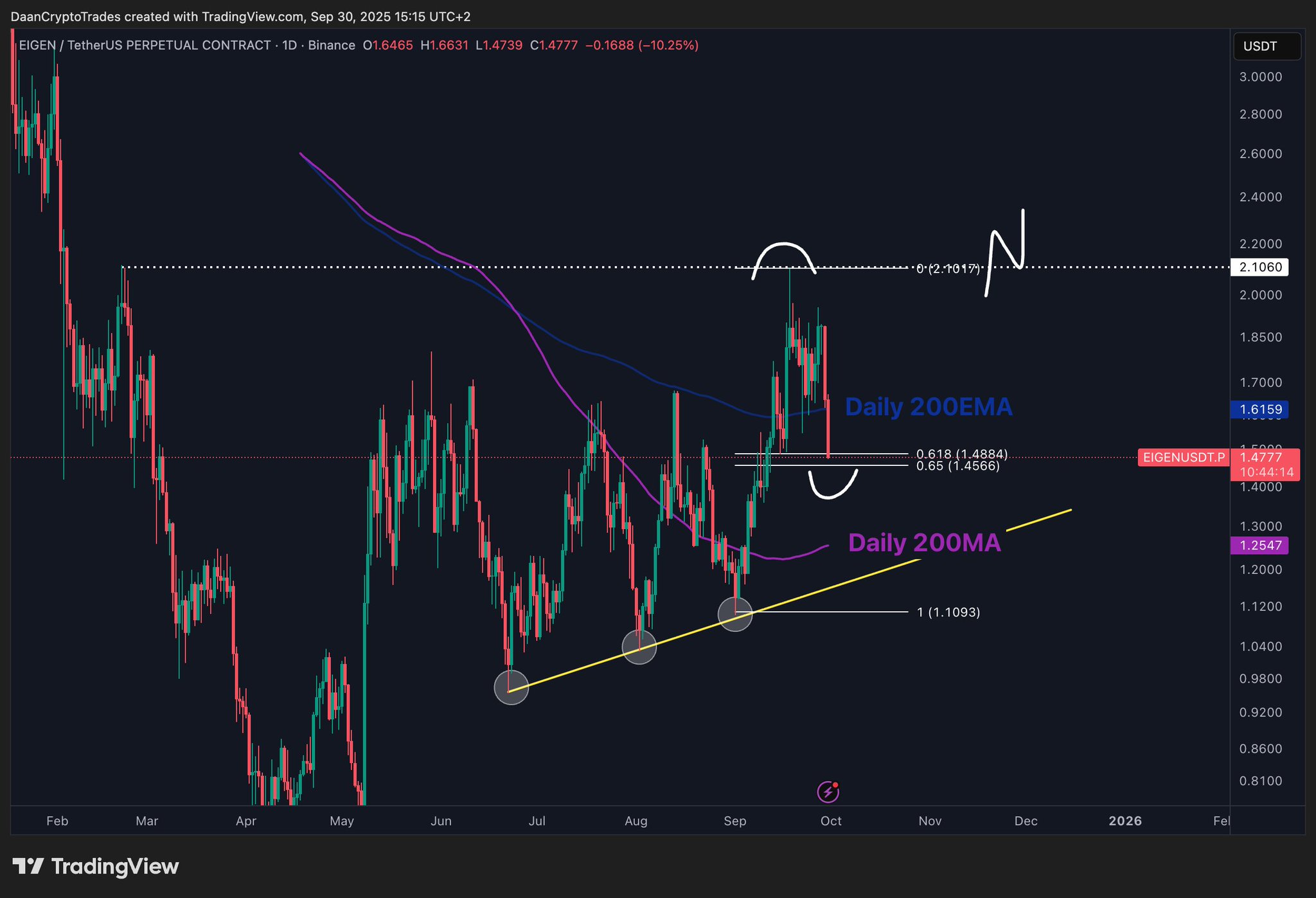
Verifiable Off-Chain Compute with EigenCompute: Developers can run complex AI models and computations off-chain while maintaining cryptographic verifiability, ensuring results are tamper-proof and auditable.
-
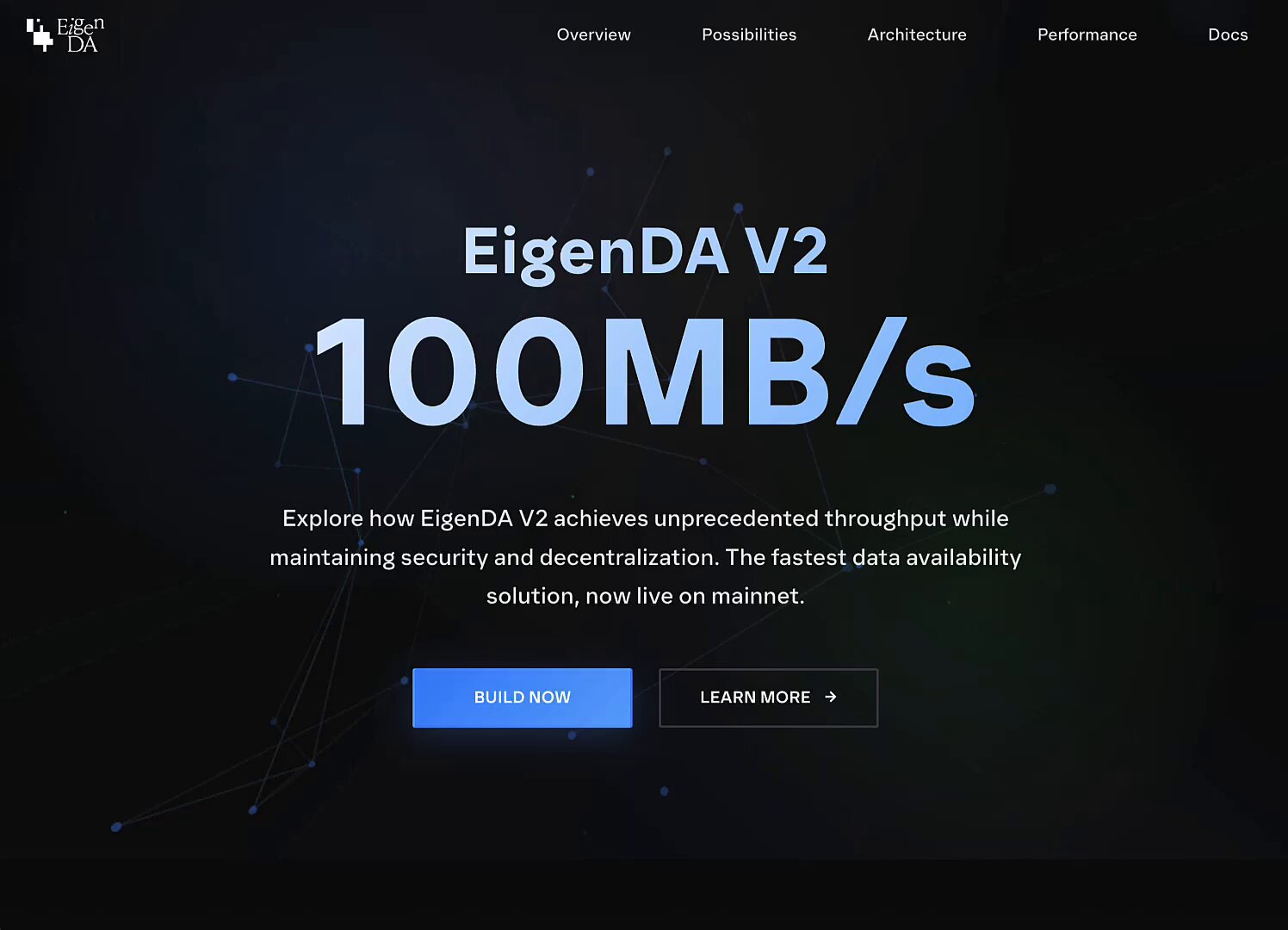
High-Throughput Data Availability with EigenDA: EigenDA delivers up to 100 MB/s throughput, enabling efficient data access and scalability for rollups and data-intensive applications.
-

Customizable Dispute Resolution via EigenVerify: EigenVerify provides a flexible dispute resolution mechanism that ensures correctness of off-chain computations, giving developers strong security guarantees for critical workflows.
-
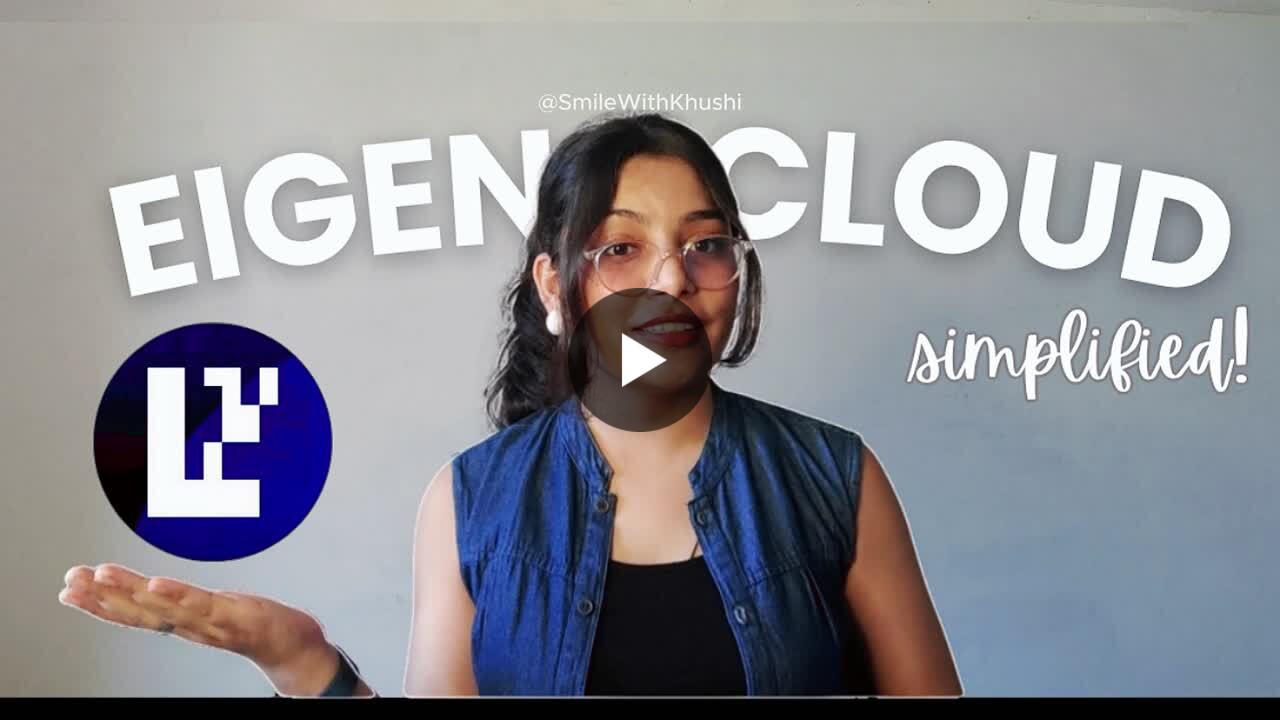
Scalable and Interoperable Web3 Services: EigenCloud enables the launch of secure, scalable, and interoperable decentralized applications across AI, prediction markets, and other domains, all backed by Ethereum-grade security.
What’s Next: The Roadmap for Verifiable AI on EigenLayer
Looking ahead, expect rapid expansion of both protocol-level features and ecosystem partnerships. Upcoming upgrades to EigenVerify will introduce even more customizable dispute resolution logic, making it easier for specialized AVSs (like privacy-preserving ML or zero-knowledge proofs) to define bespoke security parameters. Meanwhile, integrations with leading LLM providers and decentralized storage protocols will further enrich the developer toolkit.
For investors and builders alike, monitoring new AVS launches is essential as each brings fresh staking opportunities and unique risk/reward profiles. The ongoing collaboration between restakers, AVS operators, and application developers is driving a flywheel effect, accelerating adoption of verifiable compute across verticals previously gated by trust barriers.
Key Takeaways
- EigenAI and EigenCompute provide cryptographically verifiable off-chain computation secured by Ethereum validators via restaking.
- Service Level Proofs (SLPs) enable trustless auditing of AVS performance, crucial for regulated or high-stakes use cases.
- Kite AI, Gaia, and other partners demonstrate real-world adoption of verifiable AI infrastructure powered by EigenLayer.
- The shared security model unlocks capital efficiency for stakers while democratizing access to robust validation for emerging protocols.
- The pace of innovation around AVSs means new staking opportunities, and new risks, are emerging rapidly in this ecosystem.
If you’re building or investing at the intersection of blockchain and artificial intelligence, tracking developments in EigenLayer’s verifiable compute stack isn’t optional, it’s essential. As decentralized AI matures beyond hype cycles into enterprise-grade infrastructure, platforms like EigenCloud will define the standard for secure and scalable web3 applications.



